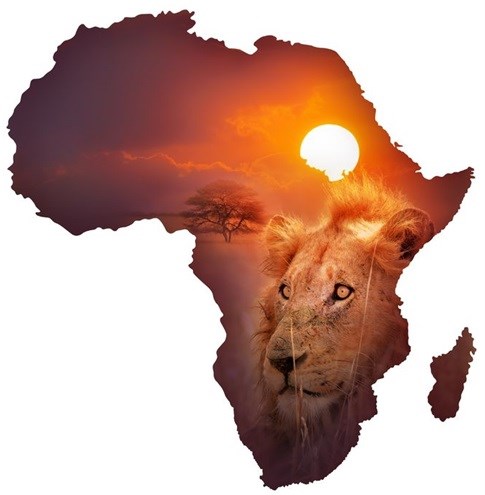I have been travelling and working across multiple African markets on behalf of Carat and the Dentsu Aegis Network. Through our owned offices and an intricate affiliate network, we service a number of global and local clients. Besides flight delays, Marabou storks and the best butter chicken in town - four elements have tended to influence our business and direction quite regularly.
Each country is significantly different to the next from a cultural and traditional point of view. Looking at East or West Africa as a target as opposed to breaking an approach down into individual countries is not ideal. Understanding individual country nuances and cultural direction is vital to a brand's success and entrenchment.
There will definitely be similarities per region and, as such, adopting a Pan-African approach is an option. It ensures consistency, value and control - however, complementing this approach with a local specific approach tends to yield the best results.

Demonstrating a strong understanding of local culture and tradition in executions and placements is important when looking to establish relevance and trust in the market. A recent piece of work - Guinness Made of Black - illustrates this collaborative approach across multiple markets.
Data collection and analysis is very fragmented. Established markets have access to audited research data as well as other less formal yet effective research methods. This data can, however be costly and rates differ significantly from market to market.
Different data sources also make direct comparisons between markets very difficult. There are a number of general data sources that can be accessed via timely desktop research, but these sources can be dated, quite high level and sometimes subjective. The best option is to secure audited data and complement it with eyes and ears on the ground where possible.
Language is a major barrier when trying to communicate across the African continent. Besides there being significant language differences from country to country, there are also a number of language variations and dialects within each country, depending on region and culture.
Apart from the potential miscommunication risk when working with teams, a simple misplaced vowel in a campaign line can ensure a rather disastrous result. Brands really need to stress-test their messaging across the region before moving forward or risk looking foolish or even patronising.
There are quite a few logistical issues that can crop up, but most can be planned for well in advance.
Although there are a number of exceptions, generally media owners and publishers in Africa expect upfront payment before campaigns go live. This can have quite a knock-on affect if the brand/client has not been made aware of this earlier on in the campaign-planning phase.
In addition, quite a bit of preparation needs to be done in terms of clearing campaign material and ensuring acceptable formats are being used in light of regulations, broadband speeds and connectivity.
Ensuring you have allocated adequate time between appointments and meetings is also important as congestion on the roads is a huge issue in each capital city. Both Nairobi and Lagos can have you sitting idle for quite a while. Buses, cars, motorbikes, bicycles and pedestrians all jostle for position and a "nose-first" approach tends to get you ahead but not for long, so it is best to take your notes and tech-based connections with you to ensure your ride can covert itself into a mobile office with a good view.
There have been many moments that couldn't have been planned for in advance and being flexible is key. Adapting and optimising your plan and approach as new factors come in to play is essential.
Finally, absorb and learn at every moment. The African continent has so much to offer. Its people and its raw natural beauty are incredible. Enthusiasm to take the expected to the next level is everywhere, harnessing this energy is the key.